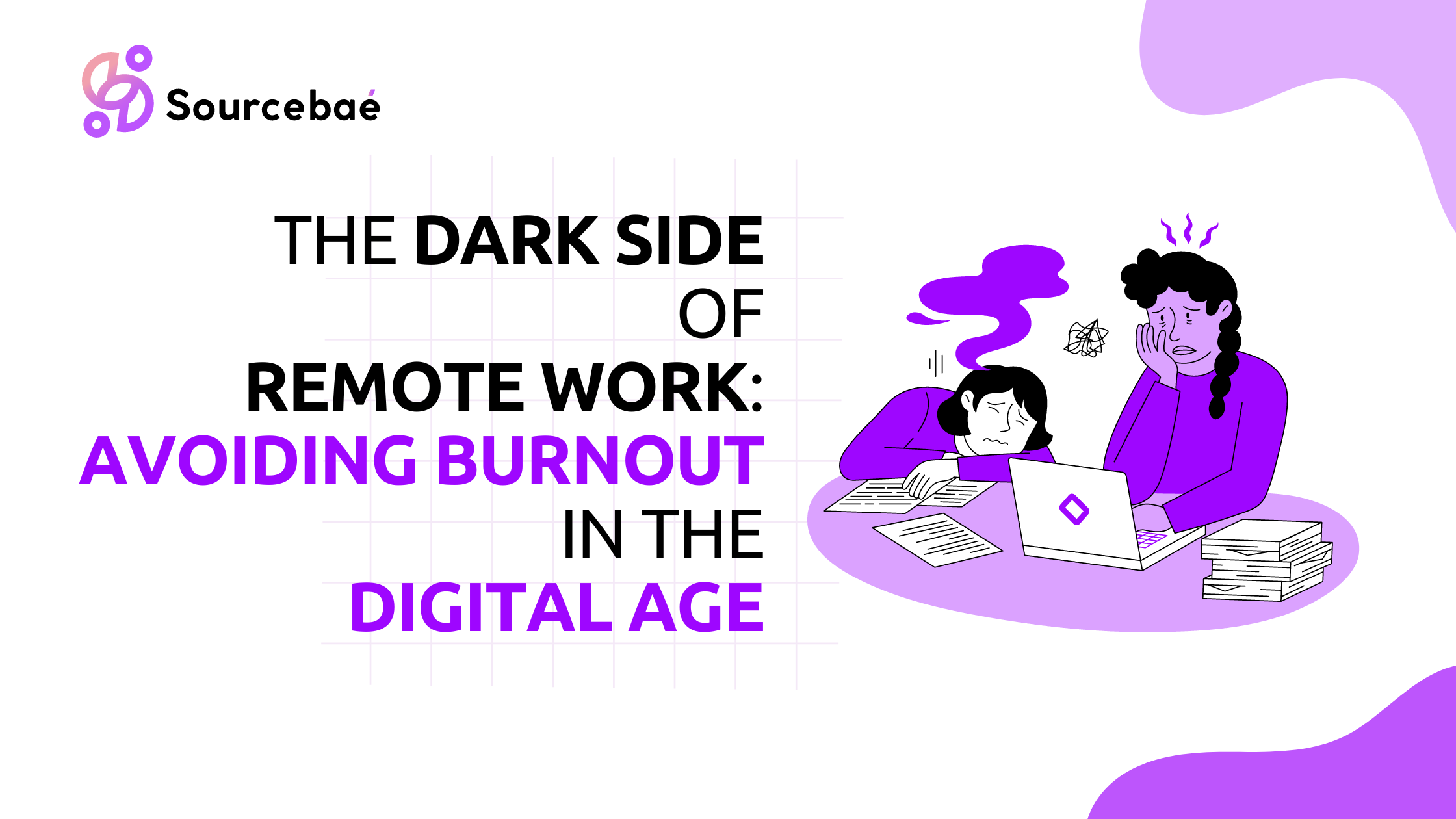What are the basic requirements to learn Oracle DBA?

What are the basic requirements to learn Oracle DBA?
Embarking to become an Oracle Database Administrator (DBA) is an exciting and rewarding venture. Oracle DBAs play a crucial role in managing, organizing, and securing critical data in information technology. This article will explore the fundamental steps and prerequisites to kickstart your journey toward mastering Oracle DBA.
Embarking on a successful Oracle DBA career requires a strong foundation in several key areas. These include:
- Understanding Database Concepts Mastering the fundamental concepts of databases lays the groundwork for Oracle DBA proficiency. Concepts such as data models, normalization, and database architecture are essential to grasp.
- Learning SQL and PL/SQL Proficiency in SQL (Structured Query Language) and its Oracle-specific extension, PL/SQL (Procedural Language/SQL), is vital. These languages are the bedrock of Oracle databases and their management.
- Grasping Operating Systems A solid understanding of operating systems, particularly Linux and Windows, is crucial. DBAs often work within these environments and must navigate, manage, and troubleshoot databases effectively.
- Acquiring Knowledge of Networking Understanding networking fundamentals is essential for Oracle DBAs, as it enables efficient database communication and connectivity.
- Developing Problem-Solving Skills The ability to troubleshoot and problem-solve effectively is invaluable for a successful Oracle DBA. This skill is honed through practical experience and dealing with real-world database challenges.
- Gaining Certification and Training Obtaining relevant certifications, such as Oracle Certified Associate (OCA) and Oracle Certified Professional (OCP), significantly enhances your marketability and demonstrates your expertise in Oracle technologies.
- Building Soft Skills Effective communication, time management, and the ability to work in a team are soft skills essential for any Oracle DBA role. These skills complement your technical knowledge and make you a well-rounded professional.
FAQs
Can I learn Oracle DBA without a background in IT?
Absolutely! While a background in IT can be advantageous, it’s not mandatory. With dedication, the right resources, and a structured learning path, anyone can master Oracle DBA.
How long does it take to become proficient in Oracle DBA?
The timeframe to proficiency varies based on individual dedication, prior knowledge, and the chosen learning path. On average, becoming proficient takes several months of focused study and hands-on experience.
Is Oracle DBA a lucrative career?
Yes, Oracle DBA is a lucrative career choice due to the high demand for skilled professionals and their critical role in managing data for organizations.
Can I specialize in specific areas within Oracle DBA?
Absolutely! Oracle DBA offers various specializations, such as database performance tuning, security, backup and recovery. Specializing can enhance your career prospects and earning potential.
Are there online resources available to learn Oracle DBA?
There are abundant online resources, including tutorials, forums, and official Oracle documentation. Additionally, reputable online learning platforms offer comprehensive courses to guide you through learning.
How can I gain practical experience in Oracle DBA?
Consider seeking internships, freelance opportunities, or contributing to open-source databases-related projects. These experiences provide hands-on practice and improve your practical skills.
Conclusion
Embarking to become an Oracle Database Administrator requires dedication, a solid understanding of key concepts, and hands-on experience. By following a structured learning path, obtaining relevant certifications, and continuously updating your skills, you can position yourself as a proficient Oracle DBA in the dynamic world of database management.
READ MORE: Is Web Development Better Than Automation Testing?





